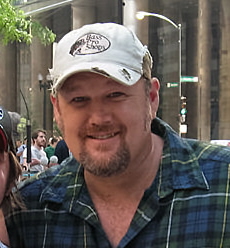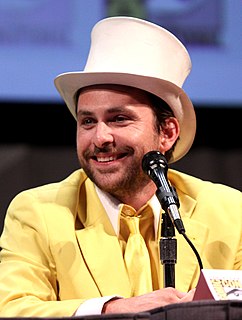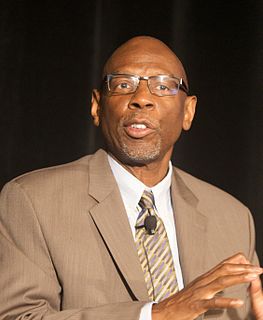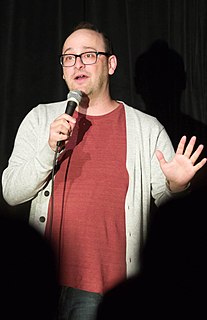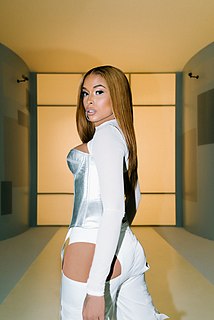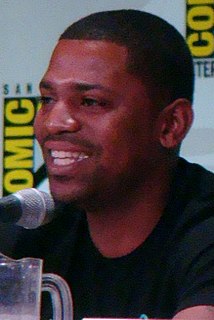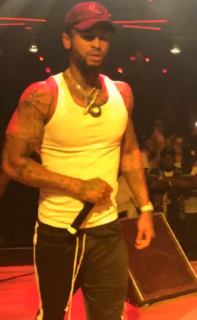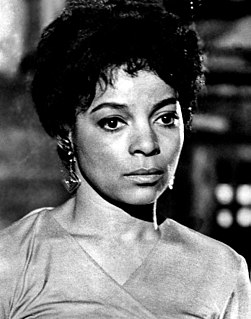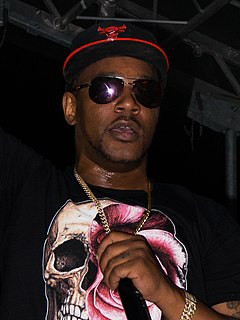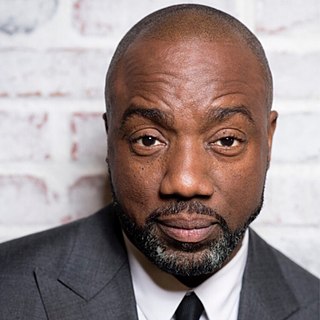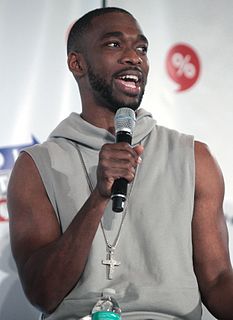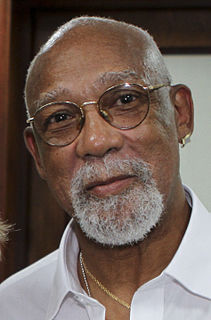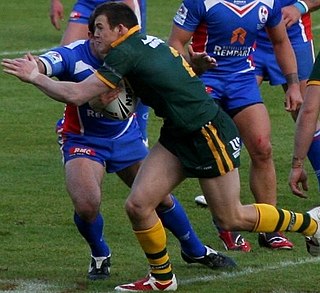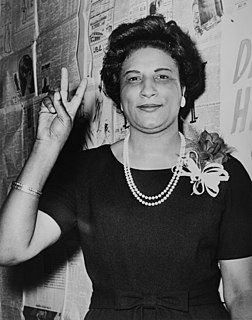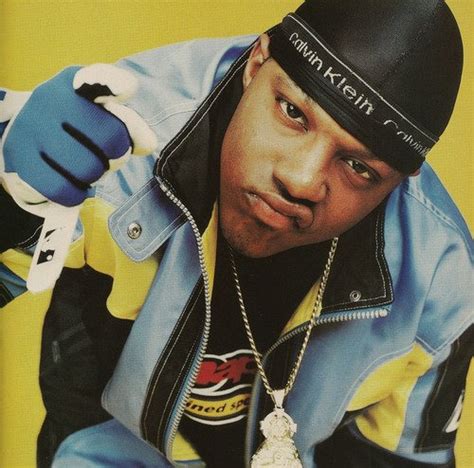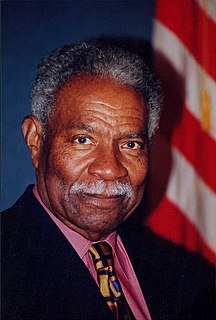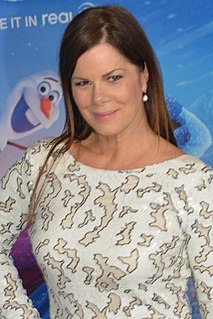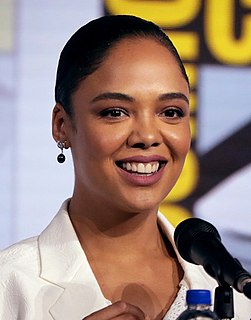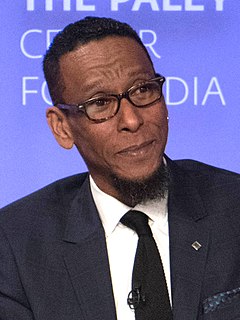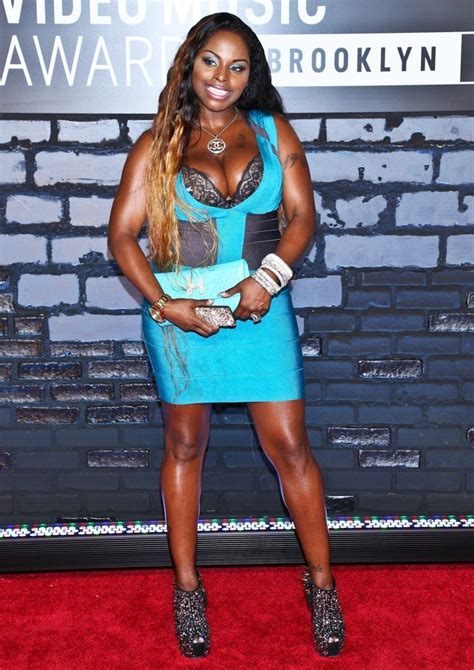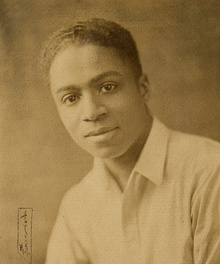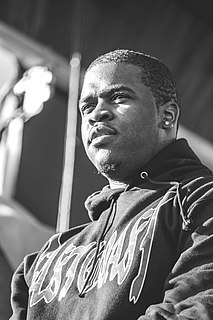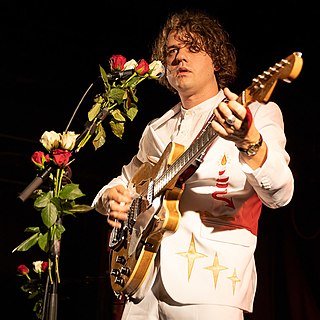Top 284 Harlem Quotes & Sayings
Explore popular Harlem quotes.
Last updated on April 14, 2025.
I was raised in Harlem. I never found a book that took place in Harlem. I never had a church like mine in a book. I never had people like the people I knew. People who could not find their lives in books and celebrated felt bad about themselves. I needed to write to include the lives of these young people.
I am particularly conscious of my connection to the poets of the Harlem Renaissance because I, too, am a Black poet, born into, and shaped by, the very community in which those poets of the past produced so much of the work we associate with the Harlem Renaissance. We speak from the same place, both literally and metaphorically.
I think probably one of the coolest things was when I went to play basketball at Rucker Park in Harlem. First of all, who would think that Larry the Cable Guy would go to Harlem to play basketball? And I was received like a rock star. It was amazing! There were people everywhere. There were guys walking by yelling, Git r done!
People are too afraid of uptown. A lot of people will tell you, like, "Don't go to Harlem. You can never go there. 'Cause as soon as you get there, they kill you." That's what people think. As soon as you arrive in Harlem, someone just stabs you in the face right away. That's people's image of Harlem: just everyone standing around waiting for lost white people to kill all day. "Did you see any? I didn't either."
We both grew up in the atmosphere of struggle, both Ossie and me, ... I come out of Harlem and Harlem comes out of me - wailing police sirens and street parties, rumors and landlords, that cultural, spiritual scene. And Ossie came up from the South, where struggle and dying were part of everyday life. That is who we are.
We didn't sit around the dining table talking about Madam Walker, but the silverware that we used every day had her monogram on it and our china for special occasions had been Madam Walker's china... and the baby grand piano on which I learned to read music had been in A'Lelia Walker's apartment in Harlem during the Harlem Renaissance.
When I was 17, I worked in a mentoring program in Harlem designed to improve the community. That's when I first gained an appreciation of the Harlem Renaissance, a time when African-Americans rose to prominence in American culture. For the first time, they were taken seriously as artists, musicians, writers, athletes, and as political thinkers.
As a kid growing up and seeing so much strife taking place in society, and particularly on Blacks and people of color, I had an opportunity as a young man to witness the change that was taking place in Harlem, the exodus of white folks leaving Harlem, which I thought was a very cohesive situation. But they felt that they needed to leave.
Harlem was a development, a developer's dream and a place where residents had more space and more amenities than ever before. The subway reached 145th street about 1904, and it seemed that Harlem's destiny was to become largely a preserve of successful ethnics relocating and arriving. Then, overnight, the bust took place.
The short-range involves the long-range. Immediate steps have to be taken to reeducate our people into the, a more real view of political, economic, and social conditions in this country, and our ability in, in a self- improvement program to gain control politically over every community in which we predominate, and also over the economy of that same community as here in Harlem. Instead of all the stores in Harlem being owned by white people, they should be owned and operated by black people.
In Harlem, for instance, all of the stores are owned by white people, all of the buildings are owned by white people. The black people are just there - paying rent, buying the groceries; but they don't own the stores, clothing stores, food stores, any kind of stores; don't even own the homes that they live in. They are all owned by outsiders, and for these run-down apartment dwellings, the black man in Harlem pays more money than the man down in the rich Park Avenue section.
Here - at this final hour, Harlem has come to bid farewell to one of its brightest hopes - extinguished now, and gone from us forever.... Many will ask what Harlem finds to honor in this stormy, controversial and bold young captain - and we will smile. ...We will answer and say unto them, ‘Did you ever talk to Brother Malcolm? Did you ever really listen to him? ...For if you did you would know him. And if you knew him you would know why we must honor him.'
Sara Blair's Harlem Crossroads is an important addition to the body of literature that currently exists about Harlem. It brilliantly illuminates the complex relationship between photographic representation and race, and adds new insight into the ways in which this one black community has figured in both the critical and public imaginations. Harlem Crossroads is a tour de force.
I think probably one of the coolest things was when I went to play basketball at Rucker Park in Harlem. First of all, who would think that Larry the Cable Guy would go to Harlem to play basketball? And I was received like a rock star. It was amazing! There were people everywhere. There were guys walking by yelling, 'Git 'r done!'
I began working within the streets of Harlem, where, after graduating from Yale [University, New Haven, CT], I became the artist in residence at the Studio Museum in Harlem [New York, NY]. I wanted to know what that was about. I would actually pull people from off of the streets and ask them to come to my studio.



